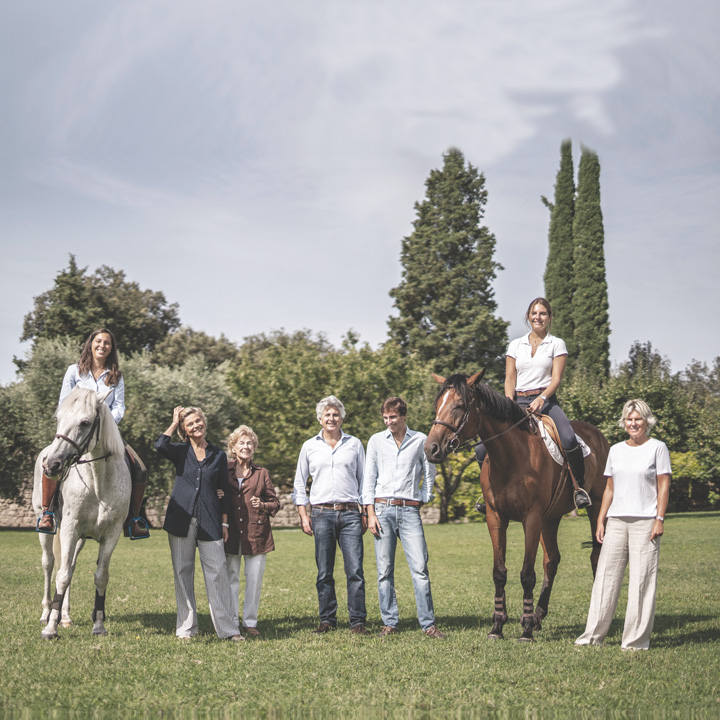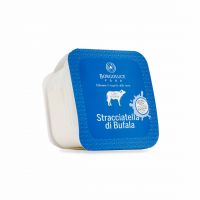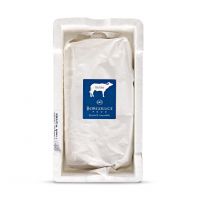
The product
Corn cake - Nostrano dell'Isola variety
Crunchy yellow corn cakes produced with Nostrano dell'Isola native corn variety
Code:
93770
Country of origin:
Italy - Veneto
Weight:
120 g
Minimum order:
1 box with 12 pieces
| Description | Corn cakes of the Nostrano dell'Isola variety cultivated by Borgoluce |
|---|---|
| Appearance | Crumbly, deep yellow in colour |
| Taste | Rich and intense |
| Curiosity | Nostrano dell'Isola is a yellow corn variety, cultivated in the Piave valley and i the pre-alps area until the 1950s. Borgoluce cultivates the specific variety called 'Piadera': a seed preserved for a long time by an elderly farmer from Piadera (in the Pre-Alps) and today recoverd and cultivated by a small number of farmers in the area around Vittorio Veneto. Also Borgoluce joined this project |
| Our selection | We chose these corn cakes because they are produced with Nostrano dell'Isola corn, a local native variety recently recovered thanks to the interest of a small group of farmers, including Borgoluce |
| Suggestions | In place bread slice for the preparation of croutons; excellent with sweet compotes or honey |
| Weight | 120 g |
|---|---|
| Packaging | Packaged in a plastic bag suitable for contact with food |
The producer
Borgoluce - Susegana (TV) - Veneto

Why we chose them
Eco-sustainability is a word with many meanings: attention, care, respect for natural resources. At Borgoluce, eco-sustainability is perceived as an
asset. Borgoluce is an estate with 1,220 hectares, held by Collalto family since the XII century. An intact environment made of pastures,
woodlands,
farms, arable fields, vineyards, orchards, canals, mills, dairies. In past, this variety enabled the family to produce everything necessary for daily life.
Today, this tradition remains: it is called biodiversity. Environmental responsibility pervades every activity and is expressed in the use of renewable
sources for the agro-energy production. The energy comes from the by-products of woodlands, animal farms and plantations. Wood is burned by a
biomass boiler, while a biodigester transforms animal dung and cereal silage into biogas, producing the electric energy used in the farm and the
thermal energy that heats the buffalo sheds. Giuliana, Ninni and Caterina Collalto with her mother Trinidad and the husband of Caterina, Ludovico
Giustiniani are committed to increase the value of this land, a unique heritage in Veneto



